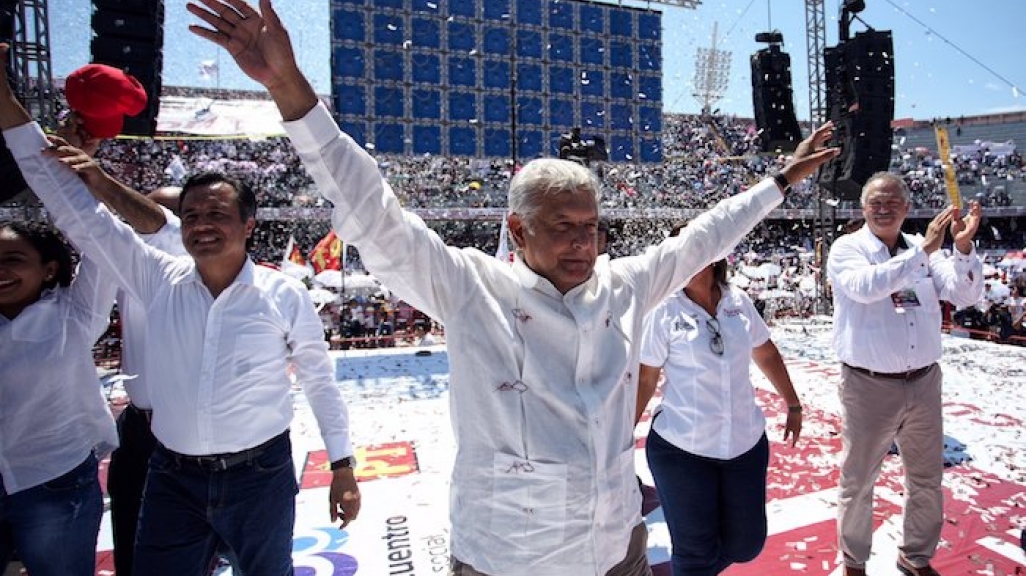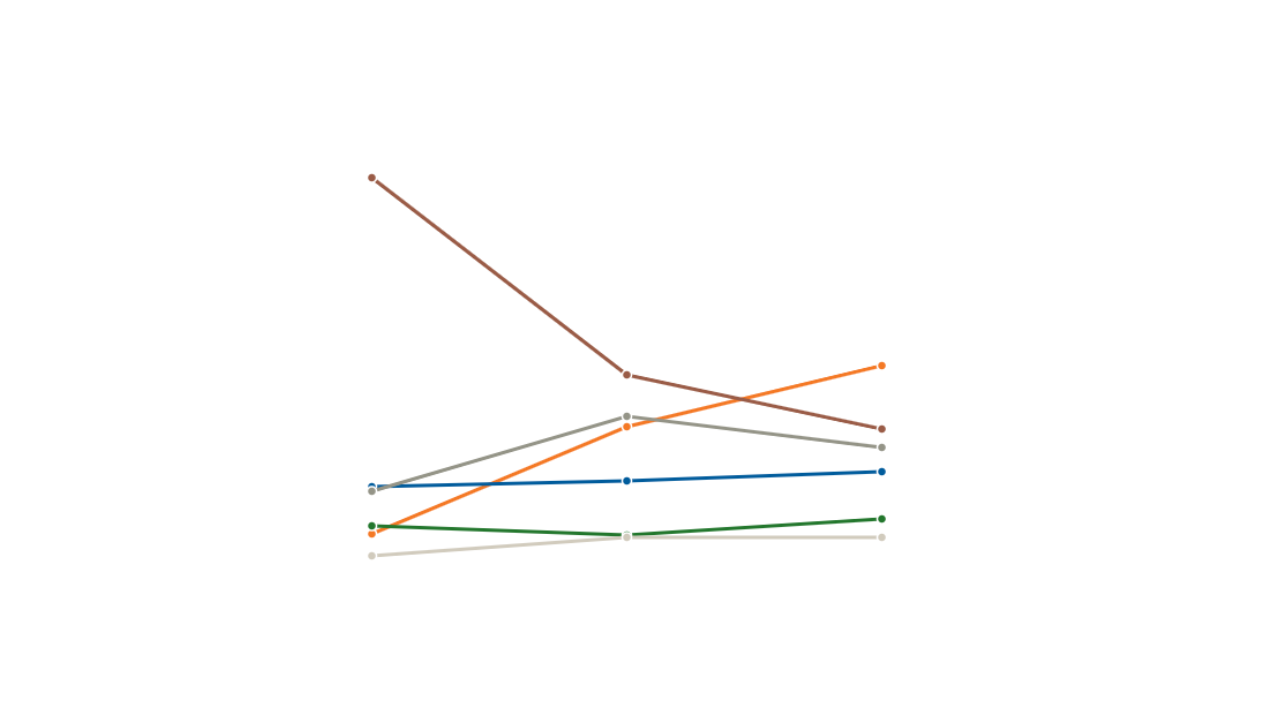Q&A with Eric Farnsworth: Will AMLO Build or Break Modern Mexico?
Q&A with Eric Farnsworth: Will AMLO Build or Break Modern Mexico?
“The promised crusade against corruption will begin with him,” the AS/COA vice president tells Forbes.com.
The election of Andres Manuel Lopez Obrador (AMLO) in a landslide victory on July 1 is a historic event for Mexico. AMLO's election exposes widespread popular frustrations with crime, corruption, and slow and uneven economic growth. Alarmists call him an autocrat and a populist. His critics say he doesn't understand the complexity and importance of the economic policies Mexico has introduced over the last three decades. At times some commentators have warned that AMLO could turn Mexico into a failed state like Venezuela. AMLO's supporters, however, believe that he can use his dominant win and strong mandate to re-make Modern Mexico into a more inclusive and equitable society be investing in education and rural development. There are still a lot of questions about how AMLO will govern and what policies he'll pursue. In the first few days since the election he's worked hard to signal that his administration won't undermine Mexico's macro-economic stability or financial health. Executives at companies such as AT&T, Ford, GE, Boeing, and Delta that have invested heavily in Mexico are still trying to figure out what will happen next. To discuss what's ahead for AMLO and Mexico I reached out to Eric Farnsworth, the vice president of the Council of the Americas, a Washington D.C. based think tank.
Nathaniel Parish Flannery: Some commentators in Mexico warn AMLO will turn Mexico into a new Venezuela-style failed state. Do you think there's any merit at all to these claims?
Eric Farnsworth: I don’t see AMLO turning Mexico into Venezuela. Although he has certainly used some bombastic rhetoric, particularly during previous presidential runs, he has moderated its use considerably in part because the wave of Latin American populism has not just crested but crashed, with the real time example of Venezuela offering a stark warning about pursuing such a path. During the recent campaign, in fact, his rhetoric has been for the most part well within the mainstream. Perhaps more compellingly, unlike many of his populist predecessors in Latin America, he actually has governance experience, serving successfully as a pragmatic Mayor of Mexico City beginning in 2000. He knows how to fix potholes and reduce crime, and he knows that he has to because that’s what people focus on. As president, he has been elected as an agent of change, and we can certainly anticipate that he will bring change both in substance and tone. In particular, the promised crusade against corruption will begin with him in a manner quite different from the outgoing president, who was faced with numerous corruption scandals in office. To be successful, the fight against corruption will require sustained efforts, concrete actions, and specific successes. As well, he will have to address spiking violence. And he must find new ways to unlock Mexico’s economic potential, especially as a means to address the poverty that he seeks to eradicate. For this, economic growth is essential. Already since his July 1 election he has reaffirmed support for NAFTA, welcomed continued cooperation with the United States in a telephone call with President Trump, pledged to continue critical energy sector reforms, support full Central Bank independence, and generally maintain an orthodox if nonetheless more overtly state-centered approach to economic policy. As well, he seems to be attracting some real talent to his cabinet and senior advisors, and his coalition will enjoy a majority in both houses of the legislature. The comparison to Brazil’s former president Lula da Silva is inescapable, although significant differences also exist between the two. Having said this, observers will be watching carefully what AMLO will do once he is actually inaugurated, on December 1, to see whether deeds will match recent investor-friendly words, and what he will do once faced with inevitable economic downturns or political difficulties. At that point, his true instincts will be revealed.








